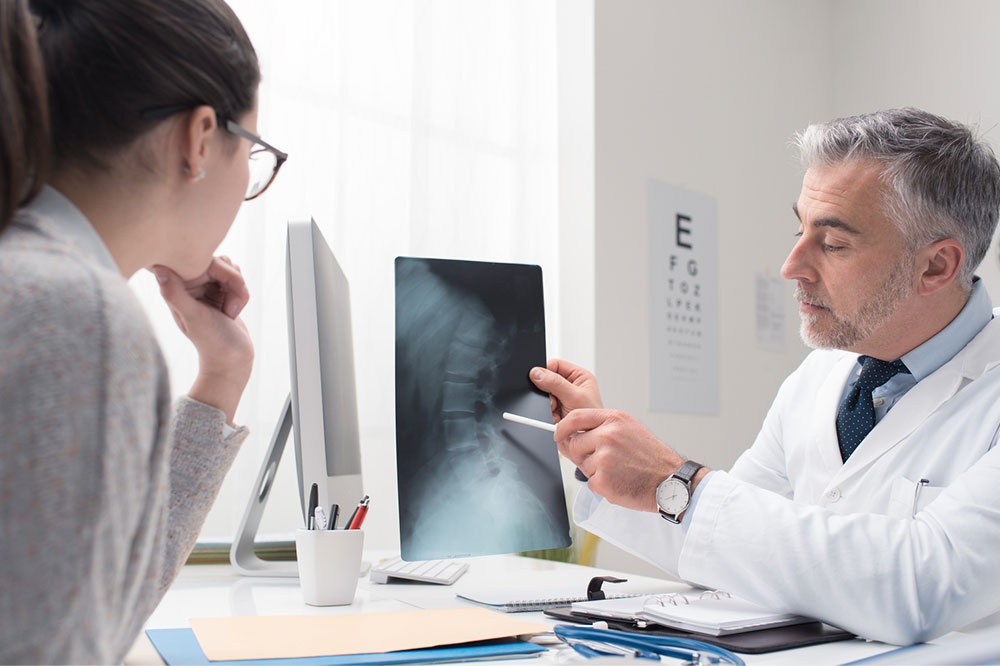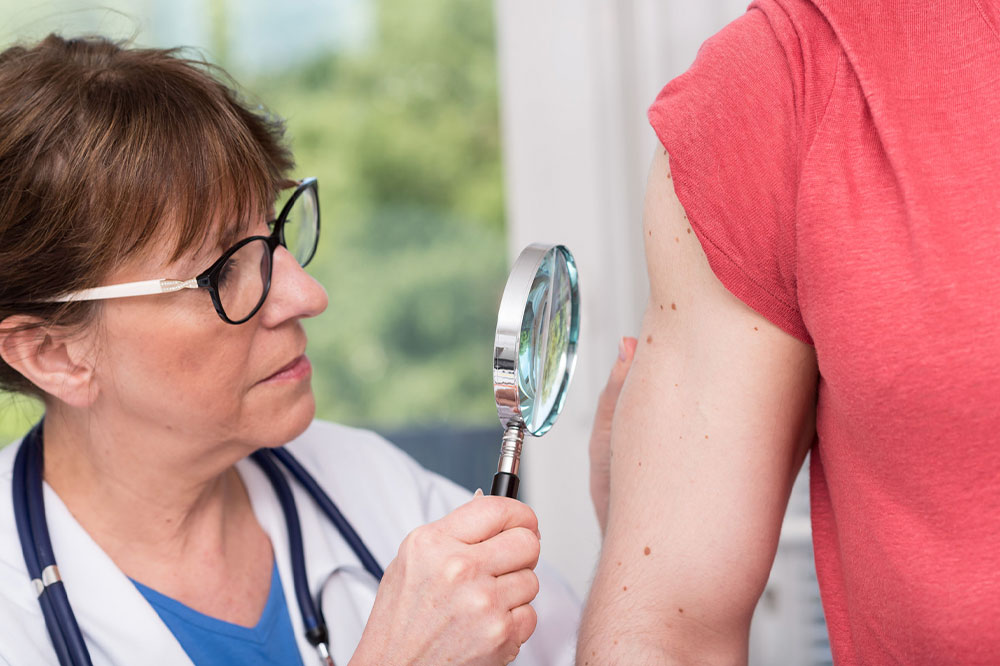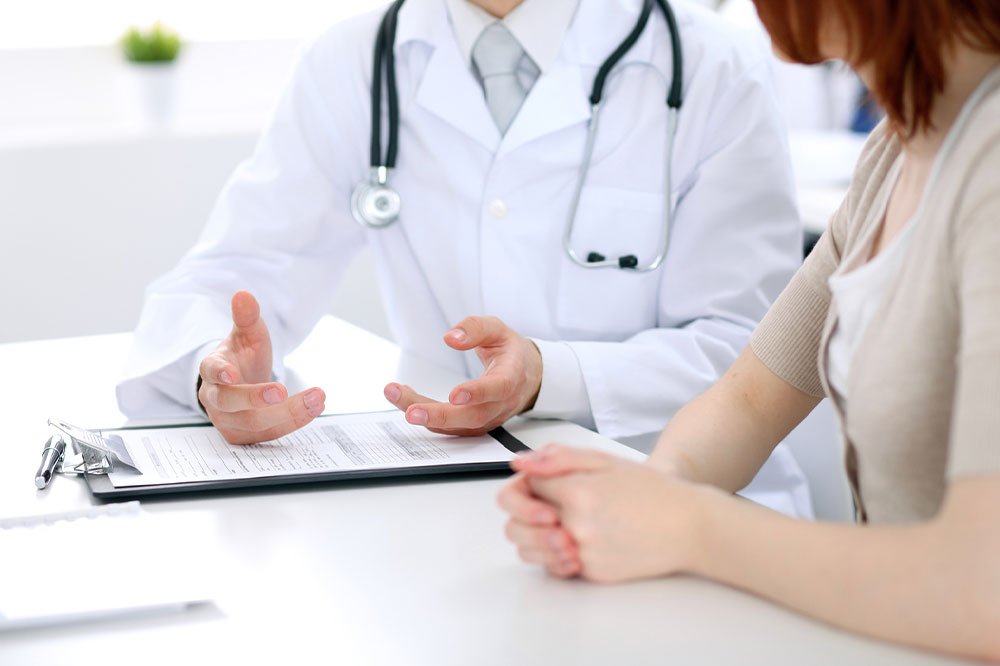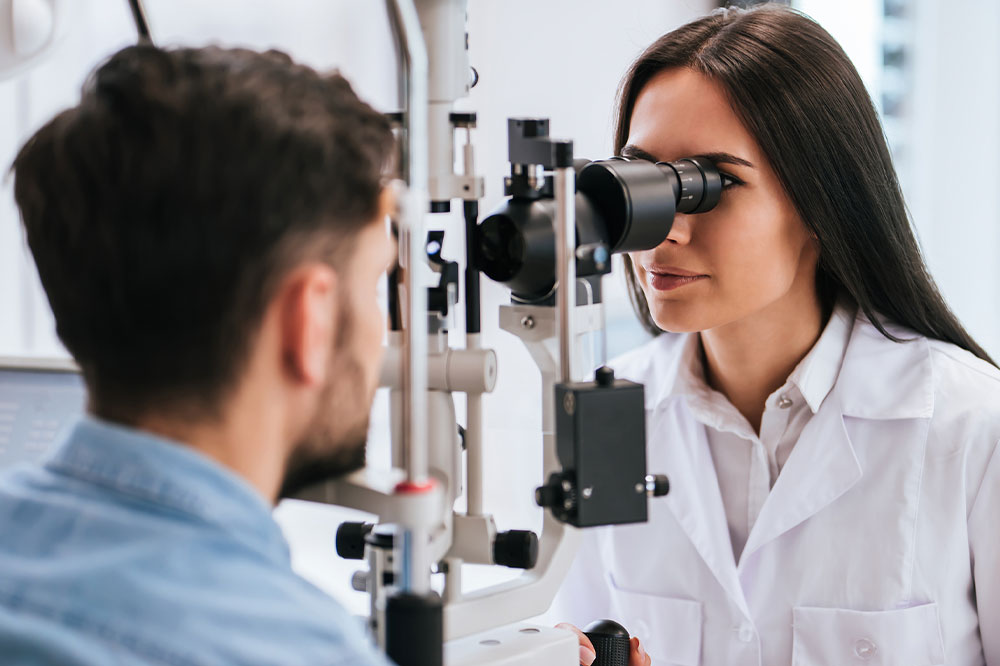5 Important Questions to Ask a Radiologist

A radiologist is someone who helps diagnose and treat injuries or illnesses identified through the process of imaging procedures or also called radiology. These procedures include tests like X-rays, MRI, CT scans, and even ultrasound. It is important to ask as many questions as possible when getting a diagnosis related to health and not feel lost through the process. Here are some common questions you can ask your radiologist when you see him next.
Why do you need the test?
If you are unsure why you need certain tests, asking your radiologist can provide clarity. This is a fundamental question to ask. The doctor knows best, but knowing the reason for these procedures is important to understand your illness better. Knowing why this test is needed is important to know how the process works. Speak to the radiologist to know how this test can help diagnose the issue and what the possible outcomes are.
Are there any side effects of the test?
Imaging tests are generally considered safe, but it’s always a good idea to ask about potential risks or side effects before undergoing them. With so much technology involved, it’s possible that important details may be overlooked, so it’s best to consult with a radiologist who can provide a comprehensive understanding.







